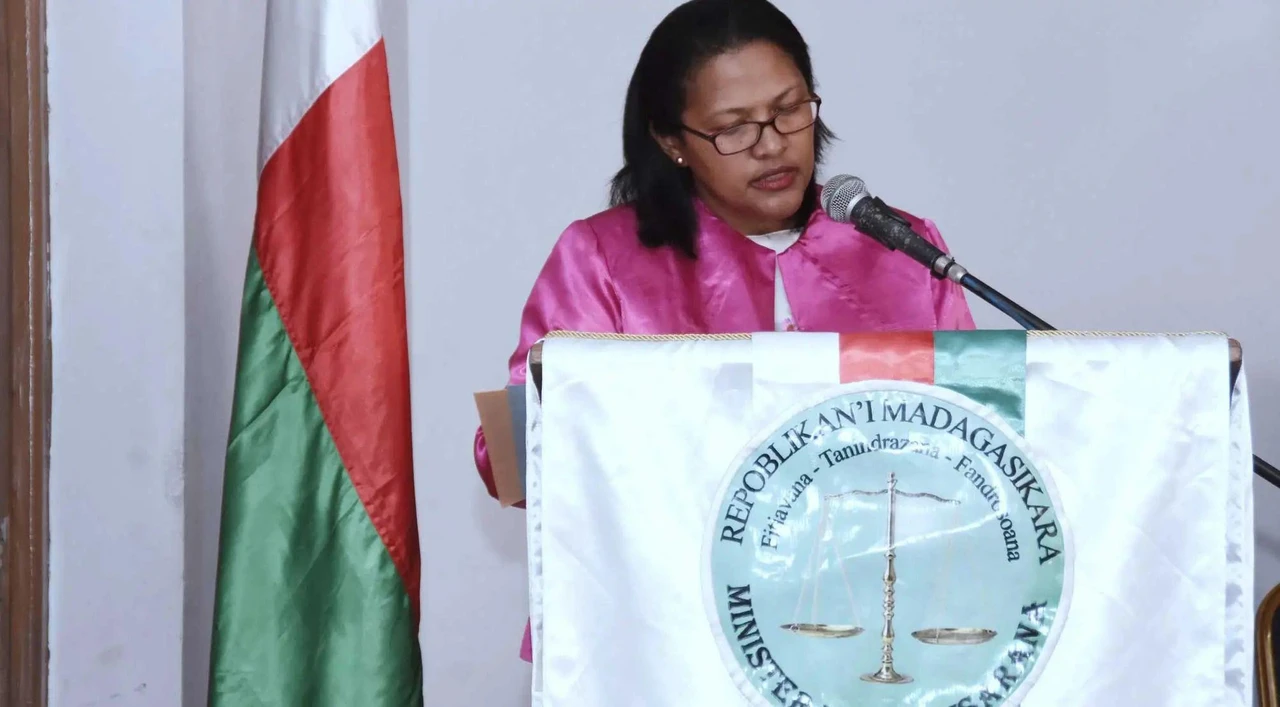Madagascar considers castration for child rapists despite criticism

Madagascar’s justice minister defends a bill that would castrate juvenile rapists, despite Amnesty International’s criticism
The justice minister for Madagascar defended a new bill on Friday that will castrate juvenile rapists, despite Amnesty International calling the law “cruel, inhuman, and degrading”.
The measure aims to impose surgical and chemical castration as punishments for those who commit rape against youngsters. It was approved by the upper chamber of the Senate on Wednesday after being approved by the National Assembly yesterday. In particular, it says that anybody found guilty of raping a kid under the age of 10 will be sentenced to surgical castration; perpetrators of children between the ages of 10 and 13 will have the choice between chemical or surgical castration; and those who attack minors between the ages of 13 and 18 will be subject to chemical castration.
A worrying increase in child rape cases, 600 cases reported last year alone, was used by Justice Minister Landy Mbolatiana Randriamanantenasoa to support the measure. She said, highlighting the need for legislative action to address the issue, “Faced with the resurgence of rape, we had to act.”
Yet human rights groups, chief among them Amnesty International, have harshly criticized the plan, calling it “cruel, inhuman and degrading.” Citing concerns over torture and other forms of ill-treatment, Amnesty International’s regional director, Tigere Chagutah, denounced legal castration as being incompatible with both the Malagasy constitution and international human rights legislation.
In spite of this resistance, the bill’s supporters contend that castration may act as a deterrent to the island’s widespread “rape culture”. Castration is a potential way to break the pattern of cases being settled amicably within families and encourage a stronger legal reaction to sexual abuse, according to Jessica Lolonirina Nivoseheno of the Women Break the Silence organization.
During the discussion, Amnesty brought attention to the ongoing difficulties in filing reports of rape in Madagascar and pursuing cases in that country. The organization listed stigmatization, fear of reprisals, and a lack of faith in the legal system as major obstacles to justice. The bill’s apparent disregard for the rights of victims was questioned by Nciko wa Nciko, who advises Amnesty on matters pertaining to Madagascar. Nciko cautioned about the possibility of injustices and the irrevocable harm that can result from castration.
The High Constitutional Court now has the final say over the bill’s destiny; only then can President Andry Rajoelina sign it into law. The world is keeping a close eye on Madagascar as it struggles with the intricate relationship between law reform, human rights, and public safety. The result might have far-reaching effects.
Source: AFP



